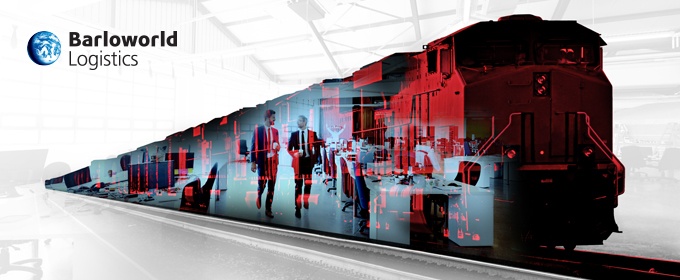
What rail can do for your supply chain
With increasing logistics costs, demands on efficiency and a focus on environmental impact, now is an ideal time for companies to consider intermodal transport solutions as part of their smart supply chains. Intermodal transport combines two or more modes to create an integrated supply chain to achieve efficient and cost effective delivery of goods, in an environmentally sustainable way, from point of origin to point of consumption.
Leveraging the strengths of different modes of transport allows organisations to capitalise on the respective benefits of road and rail as integral elements of a supply chain.
With the continual rise in fuel costs and growing concern over trucking capacity, supply chain executives are being forced to adapt their transport strategies. Rail is the fastest growing traffic segment in the United States, and although traditionally viewed as less than optimal in South Africa, it is an important strategy to consider.
To truly unlock the value of rail transport as a component of a South African supply chain, collaboration with key partners is vital. Barloworld Logistics partners with Transnet Freight Rail, under the terms of our MoU (Memorandum of Understanding) to facilitate migration of cargo volumes from road to rail. This smart partnership allows Barloworld Logistics to offer integrated rail supply chain solutions, across various business sectors.
Rail as part of an intermodal transport solution is receiving growing attention because of the benefits associated with this mode of transport. Ranging from economic to environmental, rail offers unique benefits:
- Cost effective - from a cost point of view, intermodal transportation is flexible and when moving goods over long distances, rail rates can be significantly cheaper than road.
- Environmentally friendly - rail transport reduces highway congestion, thus lowering emissions and reducing a company’s carbon footprint. For example, by transferring a single route to rail, as many as 40 000 truck trips can be eliminated as was seen recently in the implementation of Barloworld Logistics’ rail solution between Newcastle and Johannesburg.
- Efficient - intermodal transport saves time, which ultimately saves money. Goods can be transported from point A to point B without distractions and delays such as traffic congestion, road maintenance and driver fatigue.
- Scalable - a single train can transport as much as the load of 280 trucks. The number of wagons hitched to a single locomotive can be scaled up and down dependant on requirements.
- Commodity flexibility – almost any type of good can be transported via rail. The nature of rail lends itself to bulk commodity – ideal for moving large volumes of relatively low cost product without inflating cost.
- Safe - shipping via rail is arguably safer than other methods. Railroad police consistently monitor intermodal transportation, and it’s possible for shippers to place GPS trackers in rail cars to decrease the chances of losing shipments.
“While there are numerous benefits to all stakeholders, arguably the most important benefit of rail as part of the local supply chain landscape is the fact that we are making South African business more competitive by enhancing and developing the nation’s freight system,” Managing Executive at Barloworld Logistics.
To find out how a smart rail solution can impact your business, contact Barloworld Logistics by clicking the button below.



